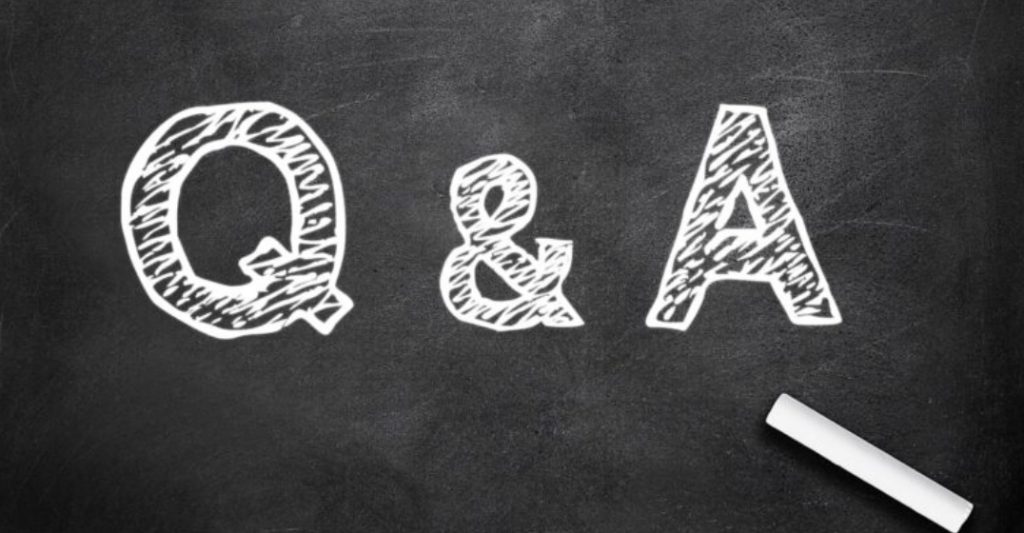
Frequent California Bankruptcy Questions
We created this section of the website to answer some frequent California bankruptcy questions.
What Is Bankruptcy?
Bankruptcy is a legal proceeding word agreement is made between an individual and their creditors. If someone is unable to pay their bills on time or they’ve found themselves in a changing financial predicament, a bankruptcy will place an automatic stay on their account preventing creditors from collecting debts until an agreement can be made.
What Are The Advantages Of Bankruptcy?
Bankruptcy can often have a stigma attached to it but through bankruptcy it might be possible for you to eliminate your legal obligation to pay off the majority of your debt. Discharging your debt could give you a fresh start rebuilding your credit in the future.
A bankruptcy may also be able to stop a foreclosure on your house and give you an opportunity to catch up on missed payments for your mortgage or property expenses. Bankruptcies can also work to prevent repossession of cars or other property that you might require for your occupation.
They can stop wage garnishment, harassment from debt collectors and creditor action against you that may involve them trying to collect a debt. A bankruptcy will also prevent the termination of utility services and allow you to challenge creditors or claims who may have committed fraud against you.
How Can I Start A Bankruptcy?
Starting a bankruptcy begins with a bankruptcy filing form. The federal judiciary provides public access to these forms completing the paperwork and then filing the initial forms will ensure that your creditors can stop seeking to collect debts from you. Until all of your debts have been appropriately sorted out, you will have an automatic stay on your account ensuring that nobody can contact you regarding your debt.
Why Do People File For Bankruptcy?
Bankruptcy can make it possible for you to eliminate your legal obligation to pay for most or all of your debt. This is considered to be a discharge of debts and it’s designed to give you a fresh start financially. It’s also possible that you could stop the foreclosure of your home or a mobile home, prevent the repossession of your car, stop wage garnishment, restore or prevent the termination of utilities, ensure that you can challenge the claims of your creditors who have committed fraud or who are trying to collect more from you than what you owe and more.
What Will Bankruptcy Not Accomplish For Me?
Bankruptcy won’t be able to cure every financial issue and a bankruptcy will not allow you to remove secured debts. With a secured debt, the creditors involved have the right to keep the collateral unless you continue to pay the debt down. There are also certain types of debts that are singled out in bankruptcy law like child support, alimony, fines and divorce related debts.
How Often Will I Be Able To File For Bankruptcy?
You cannot re-file for Chapter 7 bankruptcy if it hasn’t been at least eight years since your last filing date. You cannot file for Chapter 13 bankruptcy unless it’s been at least six years since your discharge.
What Types Of Bankruptcy Could I Qualify For?
The types of bankruptcy that you may qualify for depend on your current financial status. It’s likely that you could file under Chapter 7 or Chapter 13 but either type of case will need to be filed individually or by a married couple that’s going to be filing jointly.
Consider some of these top freakily asked questions. If you are seeking answers on the process of your bankruptcy and how you can move forwards then contact us today.






